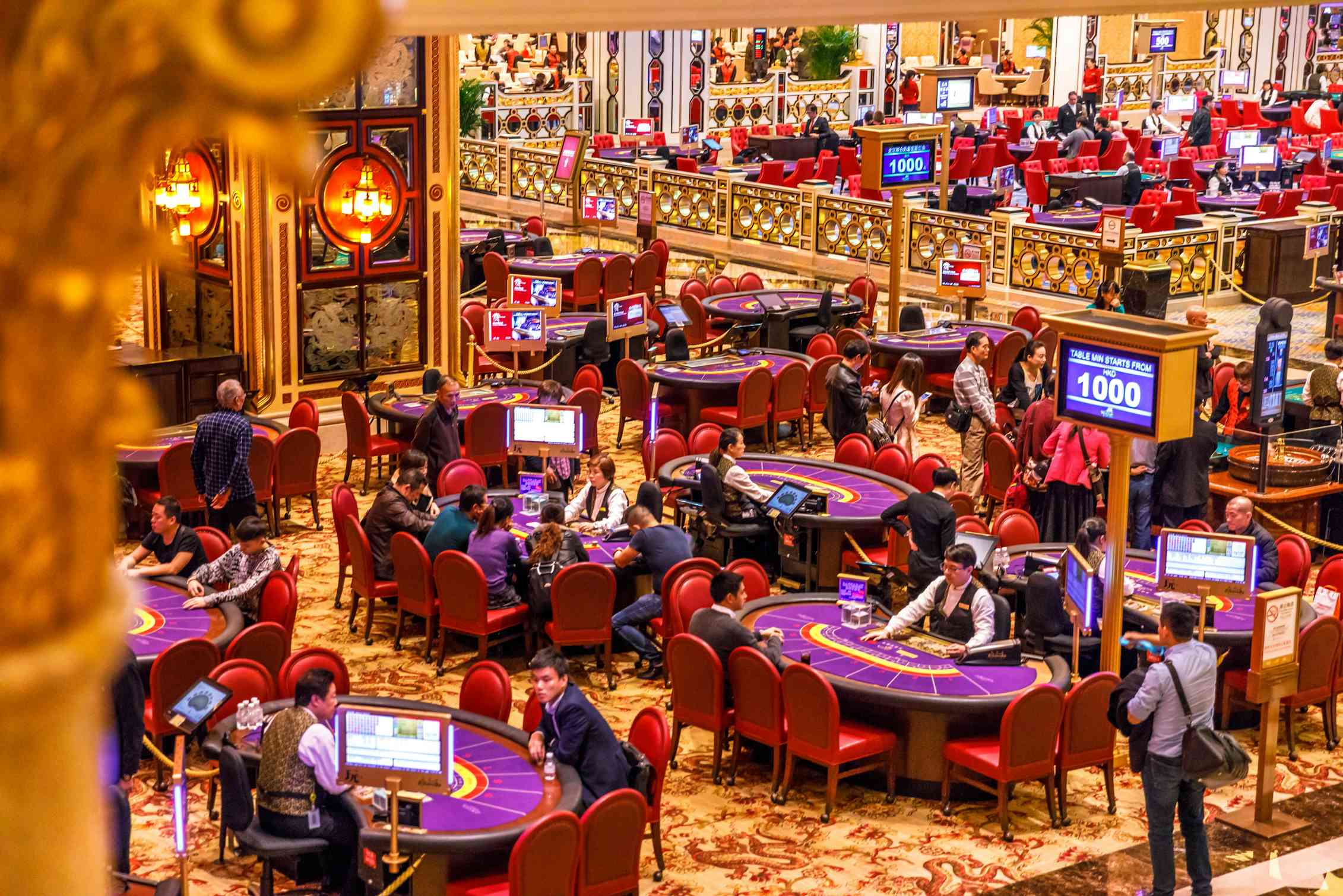Casino entertainment have long been a staple in human culture, offering not just entertainment but a fascinating reflection of our hopes, wishes, and fears. From the turning reels of a slot machine to the tactical play of poker, these games encapsulate a variety of human emotions and experiences. At their core, casino games are not just a chance to earn cash; they are a snapshot of life itself, where risk and reward intertwine and luck can change in an eye blink.
As players gather around tables or sit in front of glowing machines, they take part in a ceremony that transcends mere gambling. These games reflect our innate desires for connection, excitement, and the quest for chance. They also unveil deeper truths about human psychology, such as our relationship with luck and the thrill of risk. In exploring casino games, we discover not only the rules of play but also the intricate pattern of the human journey, showcasing our interconnected narratives of aspiration and reality.
The Psychology of Gambling
Gambling is intrinsically connected in human psychology, tapping into various feelings and desires. The excitement of taking risks is a core aspect that attracts participants, whether it’s thrill of spinning a roulette or the anticipation of drawing a winning hand in a poker game. This rush of adrenaline is often compared to other forms of thrill, as the unpredictability of outcomes elicits a unique psychological response. Players often become captivated by the possibility of winning big, leading to an irresistible draw toward casino games.
Another, an essential component of the psychology behind gambling is the concept of hope and aspiration. Participants often indulge in fantasies of financial freedom and the luxurious lifestyle that can accompany winning. This optimism fuels their ongoing participation in casino games, as it provides a sense of purpose and the conviction that a life-changing win could be just one bet away. The story of beating the odds and achieving success resonates with many, strengthening their commitment to play and engage with these games.
Lastly, social aspects play a crucial role in gambling psychology. Gambling venues are designed to promote social interaction, where players gather to share the experience of wins and losses. This shared aspect not only amplifies enjoyment but also affects behavior, as individuals often mimic the actions of others in their vicinity. The social validation found in mutual thrill can magnify the emotional experience, making casino games a reflection of not just personal desires but also shared involvement within the gaming community.

### Risk and Reward: A Double-Edged Sword
Gambling games embody the fragile balance between risk and gain that resonates deeply with human psychology. The rush of placing a bet is often accompanied by a jolt of energy, as participants are confronted with the chance of winning big, yet fully aware of the risk to suffer losses. This dual experience reflects a core aspect of life: the paths we choose often come with inherent risks, and the pursuit of reward can drive us to embrace risks we might not typically consider. In this way, casino games mirror real-world choices, enticing players to gamble not just their funds, but also their dreams.
The allure of grand jackpots and winnings fuels a wave of hope, inspiring gamblers to dream of a brighter future that could emerge from a lucky spin of the wheel or flip of a card. This positive outlook can drive individuals to engage in riskier behaviors, urging them to take greater risks in search of financial gain. However, just as in life, the outcomes of these risks can lead to both victory and failure. The narratives of both jackpot winners and those who have lost everything at the casino demonstrate the unpredictable nature of luck and its significant impact on our existence.
Ultimately, the experience of engaging with gambling activities serves as a strong reminder of the nature of humanity. Every session played is imbued with the tension of ambiguity, as gamblers weigh the gains against the dangers. This balance not only highlights the thrill that comes with gambling but also unveils the weaknesses that come with the desire for more. As we explore the challenges of decision-making and results in both the gambling world and in life, we find that the pursuit of risk and reward shapes our identities and lives in significant manners.
Culture and Solitude in Casino Environment
Gambling culture is a special combination of communal engagement and personal pursuit, reflecting the tensions of individual experience. Players often come together around games, sharing in the excitement of the action, rejoicing in wins, and sympathizing over losses. This social aspect is vital, as it creates a sense of community and bonding among diverse groups of people. Regular visitors to gaming establishments may build friendships and develop routines, turning the gambling venue into a second home where they experience connected to a larger community of players.
However, the attraction of gambling activities can also result to loneliness. As players become engrossed in the excitement of playing, they may withdraw from personal connections or fail to interact with the environment outside the casino. For some, the pursuit of a windfall can distract from genuine connections, leading to loneliness. The experience of being surrounded people yet experiencing solitary is not uncommon, as the focus shifts from collective fun to the private concerns of each player’s path.
This interplay of society and isolation creates a rich mosaic that defines casino culture. It highlights the complexity of social interactions, where joy and sorrow coexist. Gambling venues serve as both a sanctuary for social interaction and a stage for individual struggles, demonstrating how intimately connected our yearning for companionship and the individual quest for fortune can be. https://ga179.com/ In navigating this landscape, gamblers confront their own narratives—seeking both the thrill of the game and the fellowship of fellow gamblers, ultimately mirroring the broader spectrum of individual experience.